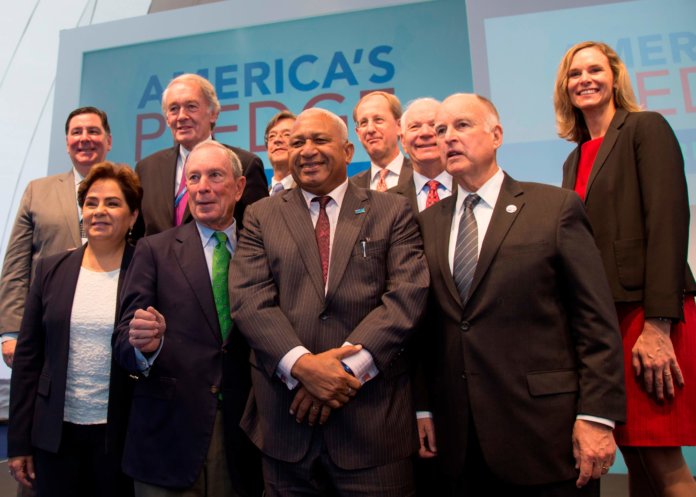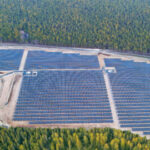New Jersey Regulators Initiate Solar Market Review
On Friday, the New Jersey Board of Public Utilities (BPU) directed staff to open a proceeding to review the state of the solar market in New Jersey and, in doing so, to solicit input from all stakeholders in the solar industry culminating in public hearings to be held across the Garden State.
“New Jersey’s solar program has been highly successful,” says Richard S. Mroz, BPU president, in a Friday press release. “We are fourth in the nation in the cumulative amount of installed solar capacity, with 94 percent of all solar projects and solar capacity developed during Governor Christie’s term in office. And just yesterday, we announced that the solar industry in New Jersey has surpassed 80,000completed solar projects that are providing more than 2.25 gigawatts of solar generation capacity.”
According to the release, the BPU acknowledged the significant changes in the technology and installation practices, economics and the financial models of the solar industry over the years. Therefore, the board found it prudent at this time to solicit input from stakeholders in all segments of the New Jersey solar market regarding how the regulators should manage the market in the future.
In the 18 years since the Electric Discount and Energy Competition Act of 1999, the solar photovoltaic industry in the state has grown from a small market focused on research, development, and demonstration to a multimillion-dollar industry with thriving, diverse businesses supplying services in a variety of different competitive market segments, according to the BPU. By the end of August 2017, there were 80,366 solar projects installed throughout the Garden State with total capacity exceeding 2.25 GW.
As the solar market has matured, the volume of solar modules manufactured and sold has increased, the efficiency and efficacy of systems have improved, and the installation and sales practices of solar installers have become more refined. The BPU says the economics and the financial models of the solar industry have also changed significantly during the years that the board has overseen the development of New Jersey’s solar market. As the total installed cost of all types of installations has fallen, the levelized cost of solar electricity generation has plummeted.
As a result, the board says, it directed staff to do the following:
- convene all interested parties to participate in a generic proceeding to review the state of the solar market, and
- develop a list of topic areas and questions upon which the stakeholders should provide written or oral comment.
The BPU says that, in order to avoid confusion in the market, the board suspended implementation of N.J.A.C. 14:82.4(g) until such time as the generic proceeding shall be concluded and the board shall end the suspension.
According to the BPU, among the topics that may be considered in the forthcoming solar proceeding are the cost differential between residential and utility-scale solar projects and the potential for designing different incentives for grid projects than those for residential and business customers to minimize or eliminate the impact of grid projects on the residential and commercial solar marketplace.
The board says it further directed staff to scrutinize the entire suite of solar incentive policies for cost effectiveness, equity and efficiency. For instance, the BPU claims the current state of New Jersey’s renewable portfolio standard is of concern given the steady, sustained rate of new capacity entering a solar renewable energy certificate (SREC) market that grows at an annual rate of 0.09% of retail sales per year. Furthermore, staff will review rate impacts on residential and business customers; environmental benefits of solar generation reducing the generation and consumption of electricity produced by traditional sources of electricity; the impacts that ground-mounted grid supply and large net metered installations can have on local ecosystem benefits of open space; and land use implications.
During the market review, the BPU notes, all existing solar programs will continue to operate in accordance with statute, regulation and/or board orders with one exception. The board has suspended the process for designating grid supply projects as “connected to the distribution system.”
Original Source: https://solarindustrymag.com/new-jersey-regulators-initiate-solar-market-review



















